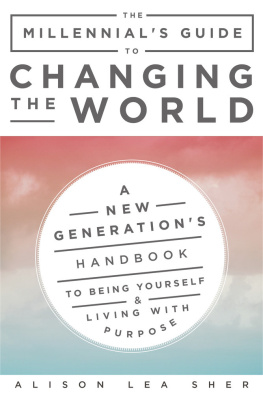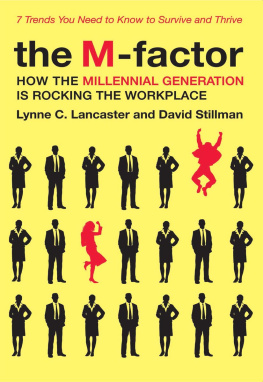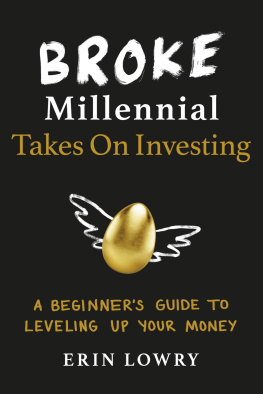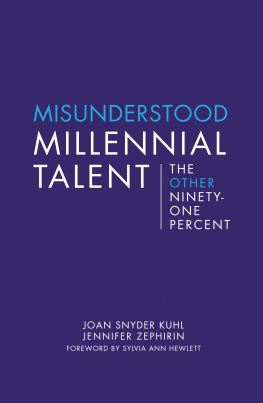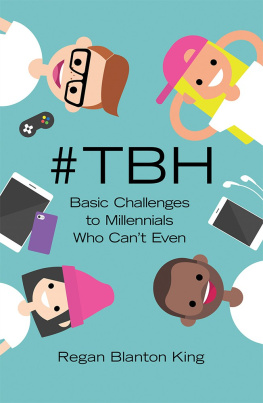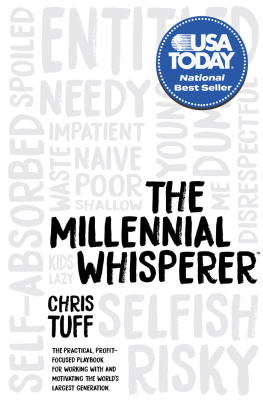Copyright 2018 by Alison Lea Sher
All rights reserved. No part of this book may be reproduced in any manner without the express written consent of the publisher, except in the case of brief excerpts in critical reviews or articles. All inquiries should be addressed to Skyhorse Publishing, 307 West 36th Street, 11th Floor, New York, NY 10018.
Skyhorse Publishing books may be purchased in bulk at special discounts for sales promotion, corporate gifts, fund-raising, or educational purposes. Special editions can also be created to specifications. For details, contact the Special Sales Department, Skyhorse Publishing, 307 West 36th Street, 11th Floor, New York, NY 10018 or .
Skyhorse and Skyhorse Publishing are registered trademarks of Skyhorse Publishing, Inc., a Delaware corporation.
Visit our website at www.skyhorsepublishing.com.
10 9 8 7 6 5 4 3 2 1
Library of Congress Cataloging-in-Publication Data is available on file.
Cover design by Mason Greenewald
Print ISBN: 978-1-5107-3321-3
Ebook ISBN: 978-1-5107-3322-0
Printed in the United States of America
Table of Contents
Prologue
I m a millennial, and this is a book about millennialsthe (Next) Lost Generation, Generation WTF, Generation Frustrated, Generation Screwed. Some people have been hating on us up-and-comers because were slicker. Were more sensitive. Weve got the information, the attitude, and the energy needed to evolve this planet. But the question is, how can we harness it?
Millennials have a mixed reputation. Older generations think were flounderingthat were only living up to a small sliver of our potential, that were failing each other and future generations in the process. Is this accurate? Perhaps. But two truths can simultaneously exist.
From the millennial point of view, this is absurd. Because, from our perspective, weve inherited perhaps the most challenging social, political, and cultural milieu in human history, a myriad of problems that we have to somehow fix. Its been a tough road to adulthood, and many millennials feel resentment toward the expectations that we should do or be something other than what we are. And yet, we must tell ourselves that we can be more. This book is designed to help.
Love or hate the word millennial , youre stuck with it for a while. A millennial is someone born between 1980 and 2000. If this is you, this book is about you and for you; its also for the baby boomers who want to get us, the Gen Xers who might feel forgotten, and the Gen Zers who want to know what theyll have to face in the future.
We are a unique generation because we grew up during the technological revolution, in the sprawl of globalization, where a shrinking workforce, gobs of debt, high rents, and low wages are keeping us from graduating into the next phase of life as quickly as those who came before us did. Weve witnessed 9/11 and the War on Terror, Occupy Wall Street, the emergence of climate change, mass shootings in public schools and public places, sociopathic corporate personhood, national surveillance, too-big-to-fail bank bailouts, and a gridlocked Congress. People act like this is business as usual, but these are the days that are trying the souls of a generation. We may be beaten down, but were not broken. We may be scared, angry, and disappointed, but we are hopeful. We may have a reputation for leaving almost everything we start, but, in the larger picture, I believe were not giving up.
Weve got some rather large problems to face. By 2036, its predicted that global warming will reach crisis levels. Scientists say the earth reached its sustainable capacity to support human life decades ago. Millennials are being handed down a system thats self-destructing: socially, economically, politically, psychologically, environmentally. Plus, what lies at the heart of these crises is a spiritual issue.
We havent figured out how to become consciously aware of our impact on ourselves, each other, and the natural world. We have to devise a social system where life and all its elements are treated as sacred. To solve the problems were inheriting, we must first figure out how to create a society where all life forms can thrive.
For all to be one, one must live for all. A culture of love that includes everyone. And its up to millennialsthe ones who value living consciously and pursuing purpose, who prize innovation, and who condemn inequality and consumerism. Our values have the power to restore this society to balance; we have to claim ourselves as stakeholders in it.
As this world continues to hurt, the calloused choir of elders yawns and disapproves. They say, People have clubbed each other over the head since the dawn of civilization. The stock market and unemployment rates always go up and down. You cant stop war. But this is an urgent time, and we cant keep listening to them.
A lot of people think the millennial struggle is not that unique. But hey, thats no fun to believeand its also not useful if we want to do something about all this. So, lets live our lives in a delusion of grandeur instead. Lets believe that every life matters. Lets live as if we can make a difference.
This book is a rallying cry. Because it just might be the millennials destiny to become the generation that creates the critical mass to pioneer a new epoch in society, one defined by the conscious awareness of our human impact. It would be foolish for us to continue living in the conventional ways people have and expect a different result. Crisis is calling each of us to assume our role in the transformation of our communities and human civilization.
Cynicism is our biggest problemthis very tragic idea that the world cant become a better place. I know people who say all of it is corrupt. I dont want to be a part of it. It takes a very strong person to go after changing it.
Charlotte Clymer, twenty-seven, social media influencer, writer, and activist
Chapter 1
What Are You Going to Do with Your Life?!
M ake your life into brand.
This was the advice of my graduation speaker at the mediocre liberal arts party school I attended. At the time, I wanted to vomit. Not because I had just popped and guzzled a bottle of champagne in the campus courtyard at 10 a.m., but because I was ready to go out and conquer the system, to offer it all my unique millennial gifts, and this woman was telling me to turn my life into a logo.
I had no idea that, in a few months, Id be sobbing on a milk crate in the back room of a shitty food and beverage job, pleading to the cosmos to reveal to me the point of my existence.
I graduated in 2009. The economy had just crashed a year prior. Stock brokers were jumping out of the windows of Manhattan skyscrapers. Our own Great Depression was on. Mortgage-backed securities and collateralized debt obligations were not yet part of my vocabulary. All I knew was that something called the real estate bubble had burst. And so had my expectations. In typical, entitled millennial fashion, I had assumed the world was going to roll out a red carpet for me. And then I slowly began to realize that, in fact, the world disapproved of me, as a millennial.
I had no qualifications to do anything and just about zero life skills. I spent that summer pitching stories, working for freethinking people were doing me a favor for giving me such wonderful opportunitiesand binge drinking almost every night. And then I got my first job as a baristathe occupation de jour of millennial, misanthropic English majors. I worked three other side hustles, made roughly seven thousand dollars that year, and was lucky enough to be able to cash checks every month from my parents to pay the rent. I broke down twice from nervous exhaustion and contemplated becoming either a nun or a train hopper to avoid the responsibilities of a real world filled with mean people.

